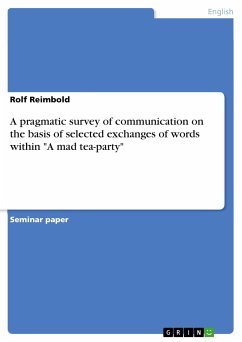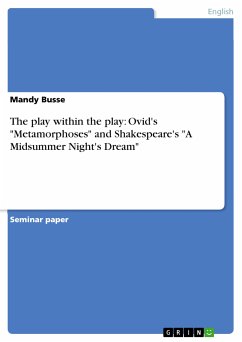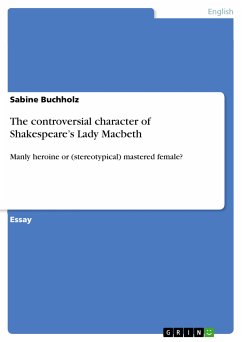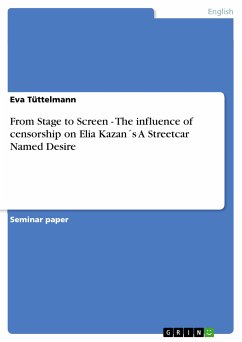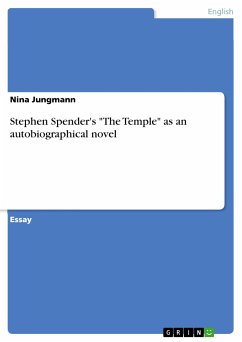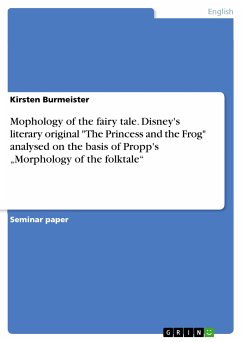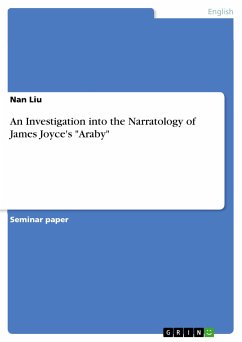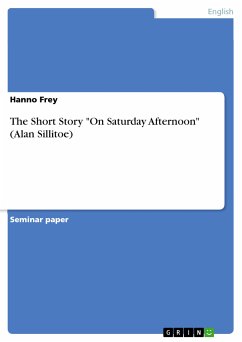Seminar paper from the year 2011 in the subject English Language and Literature Studies - Literature, grade: 1,0, University of Würzburg (Neuphilologisches Instut), course: Alice's Adventures in Wonderland - linguistisch gesehen, language: English, abstract: Imagine a foursome sitting on a dinner table which is laid out with delicious afternoon tea items. They are enjoying the splendid weather and carrying on a nice conversation with each other. By all means, this is absolutely not a fitting description of what is happening during the MAD TEA-PARTY, a chapter of 'Alice’s Adventures in Wonderland'. Charles Lutwidge Dodgson is the author of both this book and 'Through the Looking-Glass – and what Alice found there', and is better known under the nom de plume Lewis Carroll. From now on, I am going to refer to him by this pseudonym. There are several points that make this particular tea-party so special. First and foremost, it has to be specified that the group of four gathered around the table are not all human beings. In fact, there is just Alice who fits into this category. The other three are Wonderland creatures: the Mad Hatter, the March Hare and the Dormouse. Having come to this realization, it is easier to understand why the latter are often behaving peculiarly by human standards. The fact that Lewis Carroll has come up with this fanciful, witty and ingenious chapter shows his great skills in making language an instrument that helps him not only to entertain and amuse, but also to cast doubt on what seems to be irrefutable and to make the reader ponder. Since, from the first time I read Carroll’s successful novel, it was this particular chapter I liked most, I am very interested in learning more about it. First of all, I want to find out how the time in which Alice in Wonderland was written has influenced the story and its main character, Alice. As this little girl is not the only interesting character in the book, I am going to devote myself to the March Hare and the Mad Hatter afterwards. Not only do I want to take a closer look at their personalities, but I will also scrutinize their language when they are speaking to Alice. For this purpose, I want to refer to two of Paul Watzlawick’s axioms. Last but not least, I am going to find out what is understood by the linguistic phenomenon of implicature and how this is connected with the MAD TEA-PARTY.
Hinweis: Dieser Artikel kann nur an eine deutsche Lieferadresse ausgeliefert werden.
Hinweis: Dieser Artikel kann nur an eine deutsche Lieferadresse ausgeliefert werden.

